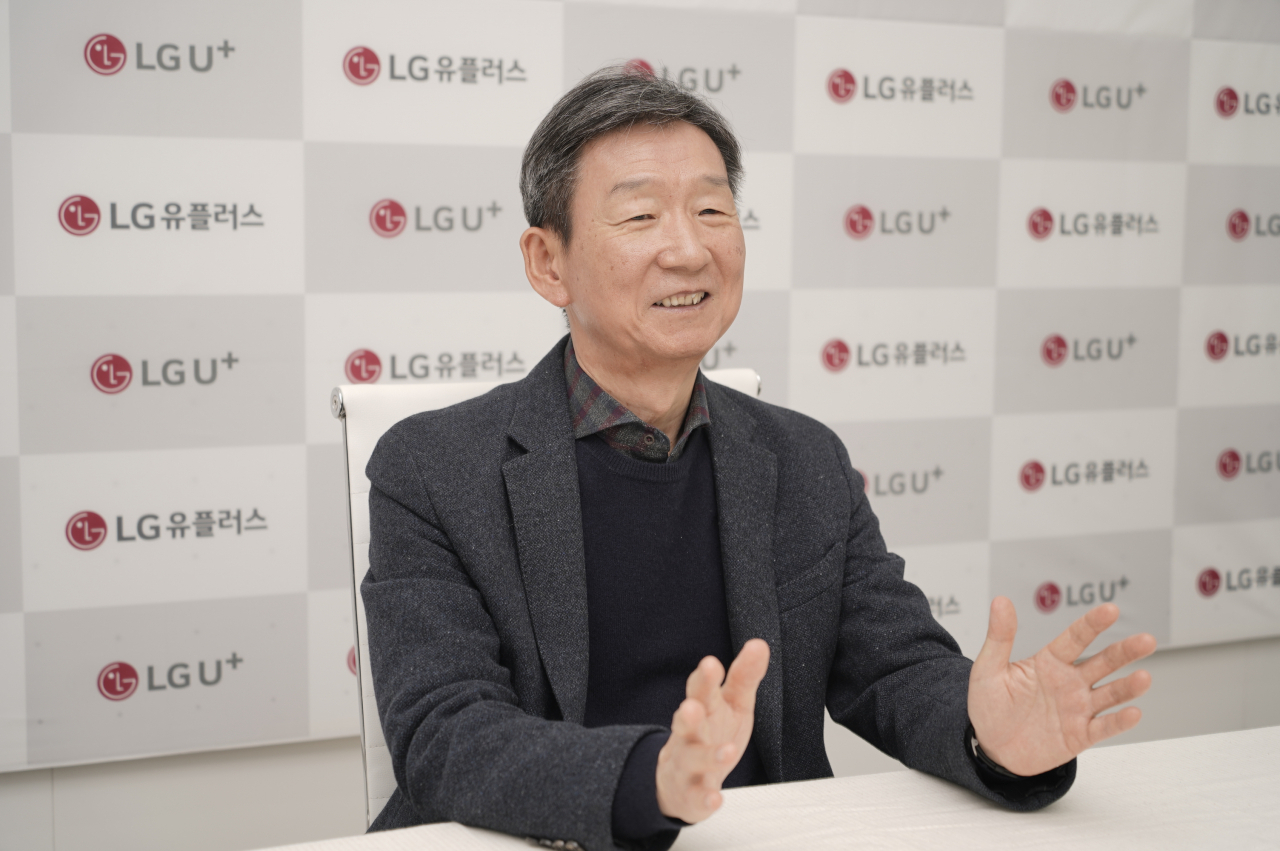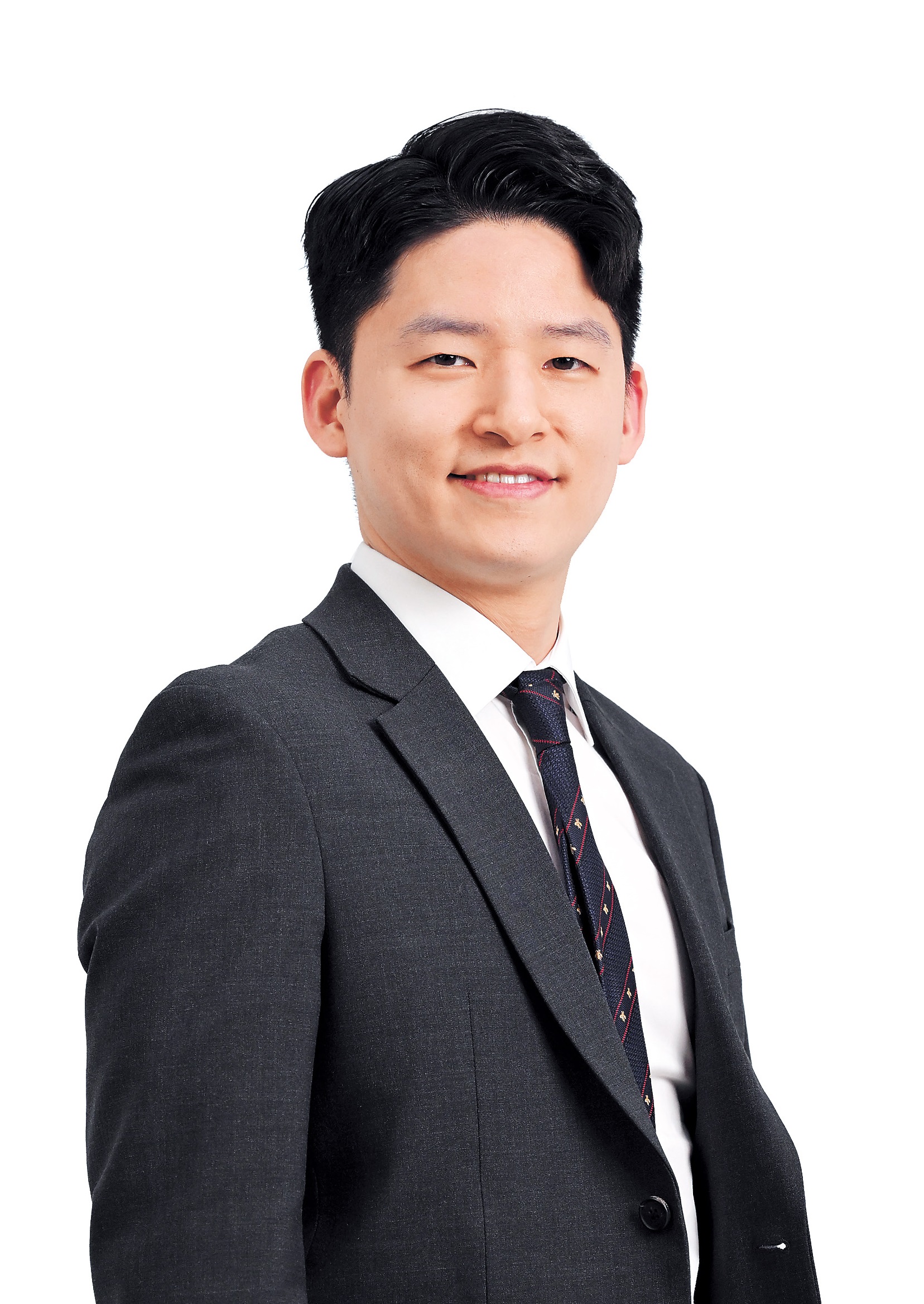LG Uplus seeks partnership with Google, Meta in AI push
Telecom carrier aims to unveil generative AI model ‘ixi-GEN’ in first half
By Moon Joon-hyunPublished : Feb. 29, 2024 - 14:25

LG Uplus, one of the top three telecommunications providers in South Korea, has announced its venture into the generative AI field with the introduction of its AI model, ixi-GEN, setting the stage for competition with its larger rivals SK Telecom and KT in offering AI-driven services for consumers and businesses.
LG Uplus CEO Hwang Hyeon-sik made the announcement at the Mobile World Congress being held in Barcelona this week. He outlined plans to launch ixi-GEN in the first half of this year and also to augment the company's AI business through partnerships with global companies such as Meta, Google and Amazon Web Services.
The core of LG Uplus's strategy with ixi-GEN revolves around leveraging EXAONE, a large language model revealed by LG AI Research in 2021. This announcement comes as part of LG Uplus's long-standing efforts to diversify its services beyond traditional telecommunications, amidst a domestic market showing signs of saturation.
SK Telecom launched its A.Dot AI chatbot application in October last year, and KT officially introduced its AI model Mi:dm and related services around the same time, with a focus on B2B.
ixi-GEN is designed to be a domain-specific solution for both consumer and enterprise applications, including a personalized mobile agent for consumers, a media agent for IPTV and a service work agent for enterprises to assist with internal workflows. These services, scheduled for rollout in stages throughout the second half of the year, aim to provide competitive advantages by leveraging data specific to LG Uplus's services.
In an effort to make its AI solutions more accessible, Hwang emphasized the concept of "small large language models" with ixi-GEN.
“In the realm of AI models, bigger is not always better. ixi-GEN is all about hitting that balance between cost and performance, offering a leaner alternative to huge, general models like GPT-4. These models are tailored for specific needs, making them affordable and effectively suited for certain use cases," he said.
Telecom companies in Korea are striving to offer economical, domain-specific AI solutions to gain a competitive edge. For example, KT's Mi:dm AI service touted affordability when it was revealed last year, claiming a 20 to 30 percent reduction compared to its competitors. However, LG Uplus did not disclose any information about the cost of ixi-GEN services.
Additionally, LG Uplus plans to enhance its AI services through the use of natural language processing technology from 42Maru, an AI startup specializing in the development of chatbots and virtual assistants. This collaboration follows LG Uplus's recent investment of 10 billion won ($7.5 million) in 42Maru last month. This technology has already seen application in Hyundai’s electric vehicles, starting with the Ioniq 5 model in 2021.
While specific details of LG Uplus's partnership with global companies such as Meta remain undisclosed, the collaboration is speculated to be related to a chatbot service, or LG Electronics' recent announcement of an extended reality device launch in collaboration with Meta, aimed at competing with Apple's Vision Pro. This partnership could leverage LG Uplus's experience with U+ Dive, a virtual reality content service, despite its discontinuation last year.
"We poured a lot into 5G, expecting a boom in XR services that just hasn't happened yet. But with generative AI picking up, Apple rolling out Vision Pro, and Meta jumping into the mix, I am pretty optimistic about what’s next for 5G," said Hwang.



















